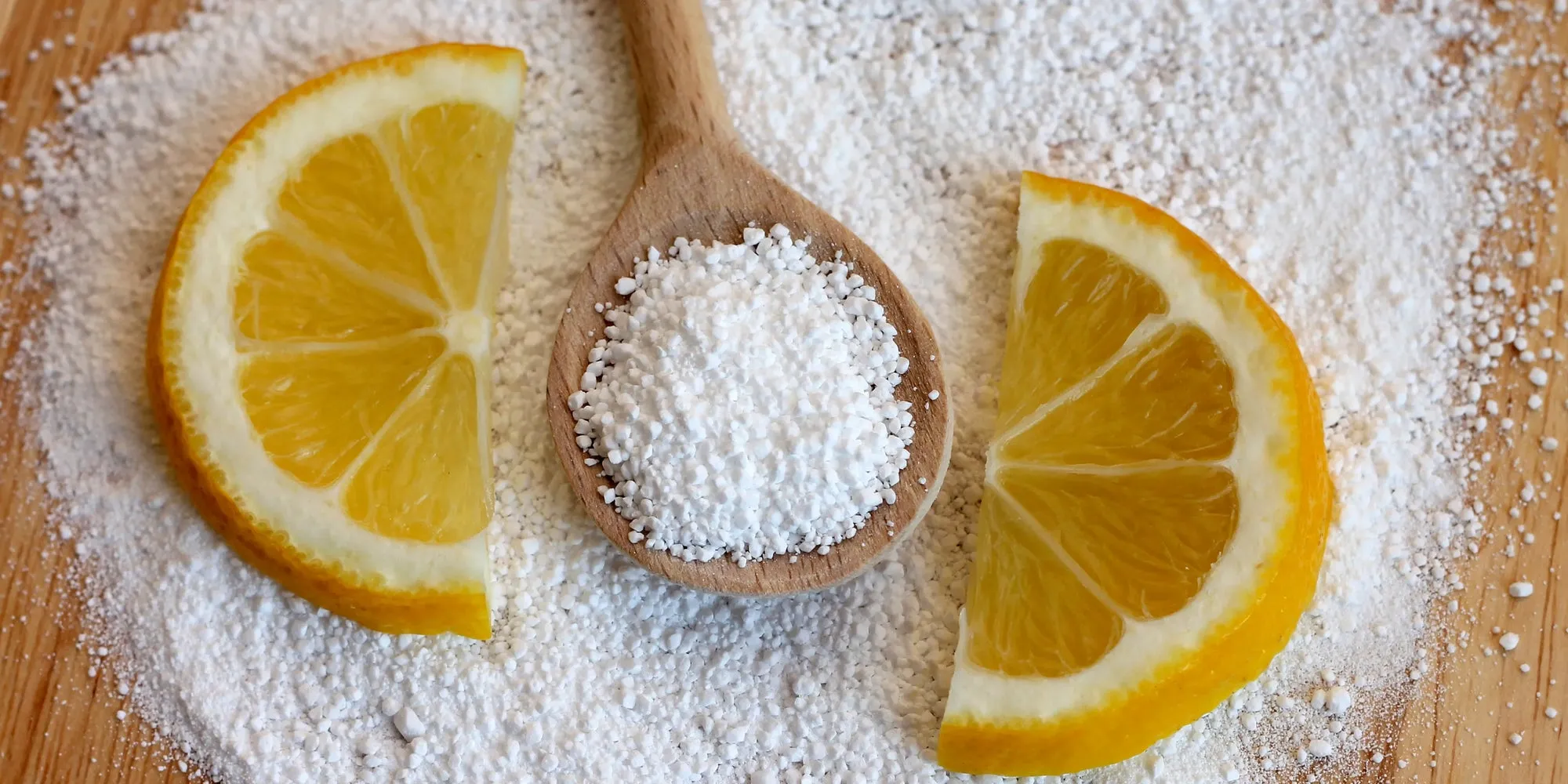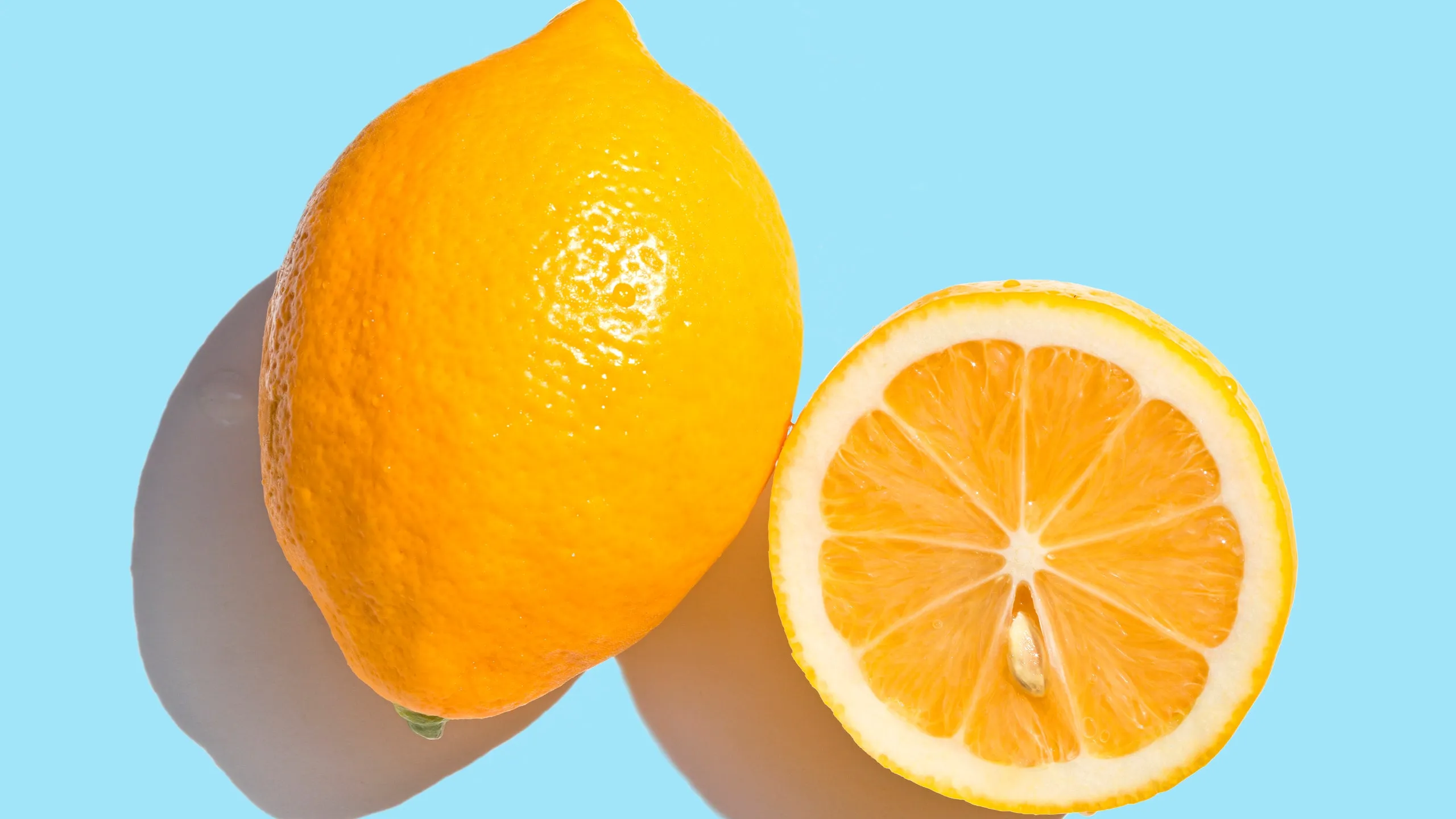Is Citric Acid Vitamin twin that we never even knew about, or a just tart imitator? Let’s juice out the truth on this citrus mystery, in this guide!

But then , is Citric acid Vitamin? Are they really the citrus world’s twin babies who aren’t twins at all.
They both just hang out in lemons, limes, and oranges, and they both share that tart, refreshing thing.
But that’s the irony: ‘citric acid IS NOT a vitamin, not remotely. So why are individuals so mixed up on them? And what is citric acid anyway? Let us remove the layers (pun planned) and clarify it to our best capacity.
What Is Citric Acid Vitamin C?
Citric acid is a natural product that appears in citrus fruits like lemons, limes, and oranges.It’s what gives these fruits their tart taste.
But it’s not just in fruit—it’s made synthetically as well and is used in a whole lot of household products, from foods and drinks to cleaners and moisturizer.
Really, It’s a natural weak acid that plays a part in making energy in your body, but it’s not the same way that it offers health benefits like Vitamin C.
Vitamin C, or ascorbic acid, is a vitamin (yes!) that your body needs to stay healthy. It’s required for such things as:
Why Do People Get Citric Acid and Vitamin C Confused?

It’s understandable that people get them mixed up. Here are a couple of reasons:
1. They’re Both in Citrus Fruits
Lemons, limes, and oranges are packed with both citric acid and vitamin C. So, if you’re sipping lemon water, you’re getting a dose of both.
“Citric acid” and “ascorbic acid” (the scientific name for Vitamin C) sound like they could be cousins. But nope, they’re totally different.
2. They Sound Similar
Also, both ingredients are popular in processed foods, drinks, and beauty products, which adds to the confusion.
What Does Citric Acid Do?
Even though citric acid is not a vitamin, it’s really cool. Here’s what it can do:
1. Adds Flavor
Citric acid is a common food additive that gives candies, sodas, and snacks their sour flavor.
2. Preserves Food
It’s a natural preservative that keeps food from spoiling by controlling pH levels.
3. Cleans Stuff
Citric acid is a key ingredient in most cleaning products because it breaks down hard water spots and rust.
4. Boosts Skincare
It’s used in skin care to balance pH and shed dead skin cells.
Can Citric Acid Replace Vitamin C?

No way. While citric acid is found in almost all the same foods as Vitamin C, it doesn’t have the same health benefits.
Your body needs Vitamin C to function properly, but it doesn’t need citric acid in the same way. So, if you’re eating lemons for a Vitamin C boost, that’s great—but it’s the Vitamin C doing the heavy lifting, not the citric acid.
Is there a Difference Between Citric Acid and Vitamin?
Vitamin C, or ‘ascorbic acid’, is a strong nutrient your body requires to maintain its health. It supports your immune system to ward off infections and colds and is also a skin superstar.
One can also describe it as stimulating the formation of collagen (which tightens it up) and fading blemishes for a radiant glow.
As an antioxidant, it protects your cells from damage caused by pollution, sun exposure, and stress. It facilitates easier absorption of iron from plant food, which is great for energy.
Why You Need It
Your body can’t naturally produce vitamin C, so you’ll need to get it from food or a supplement. Without enough, you can be fatigued, more susceptible to illness, or even develop scurvy (a rare but severe disease).
Vitamin C is water-soluble, which means your body doesn’t store it. You need to eat it frequently in order to keep your levels up.
In short, Vitamin C is the key to a healthy immune system, glowing skin, and good health. Snack on your veggies and fruits, and you’re good to go!
Do You Need to Worry About Citric Acid?

With the average consumer, you probably don’t need to think much about citric acid. It’s mostly safe for ingestion and use, but here are some things to consider:
1. Sensitive Teeth
Too much citric acid (like sucking on lemons) can wear down your tooth enamel over time. Rinse your mouth with water after consuming acidic foods.
2. Skin Sensitivity
In skincare, high concentrations of citric acid can irritate sensitive skin. Always patch-test new products.
3. Processed Foods
Citric acid is in a lot of packaged foods, so if you’re trying to eat clean, check the ingredient list.
Wrapping Up
Citric acid is not a vitamin, and it’s not a substitute for Vitamin C. It’s a useful compound that adds flavor, preserves food, and cleans your home, but it doesn’t have the same health benefits as Vitamin C.
So, if you’re looking to boost your immune system or glow up your skin, reach for Vitamin C-rich foods like oranges, strawberries, and bell peppers—not a bottle of citric acid.
In the end, citric acid is the citrus universe’s sidekick: it’s handy, it’s adaptable, and it’s ubiquitous, but it’s not the star. Vitamin C is the real MVP, however. Enjoy that lemonade now—just don’t be looking for it to cure your cold!
